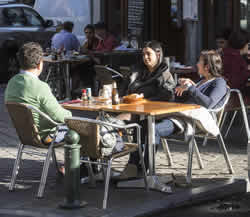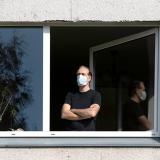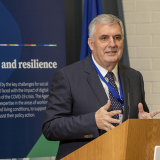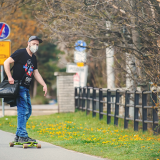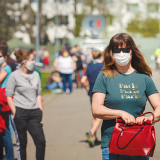European Quality of Life Survey
Eurofound’s European Quality of Life Survey (EQLS) has a uniquely large set of indicators of subjective well-being (26 indicators in the 2016 survey). Two global measures are typically included to capture overall subjective well-being:
- life satisfaction, which allows people to provide an overall evaluation of their life
- overall happiness, which enables people to give a more emotional assessment of how they feel
Indicators of well-being
Eurofound launched its first EQLS in 2003, having completed its fourth survey in 2016. The conceptual framework used in the EQLS is generally in line with the OECD guidelines. It addresses subjective well-being by means of three groups of indicators:
- evaluative well-being – life satisfaction and satisfaction with domains of life
- positive and negative affect – happiness, vitality, feeling calm, feeling cheerful, feeling depressed
- eudaimonic well-being – optimism, autonomy, sense of purpose, having time to enjoy life and resilience
EQLS findings show that the strongest determinants of higher life satisfaction and happiness are having a sense of purpose, followed by optimism about one’s future and autonomy.
Health is another key determinant of well-being. EQLS data shed light on changes in self-reported health for the EU population as a whole and in relation to groups of particular concern. With regard to mental health and well-being, the EQLS asks several questions that can be used to construct the WHO Mental Well-being Index (WHO-5).
The EQLS 2016 included two additional items that measure resilience to capture the perceived capacity to deal with problems and the time it takes to bounce back. Perceived resilience correlates positively with mental well-being variables.
